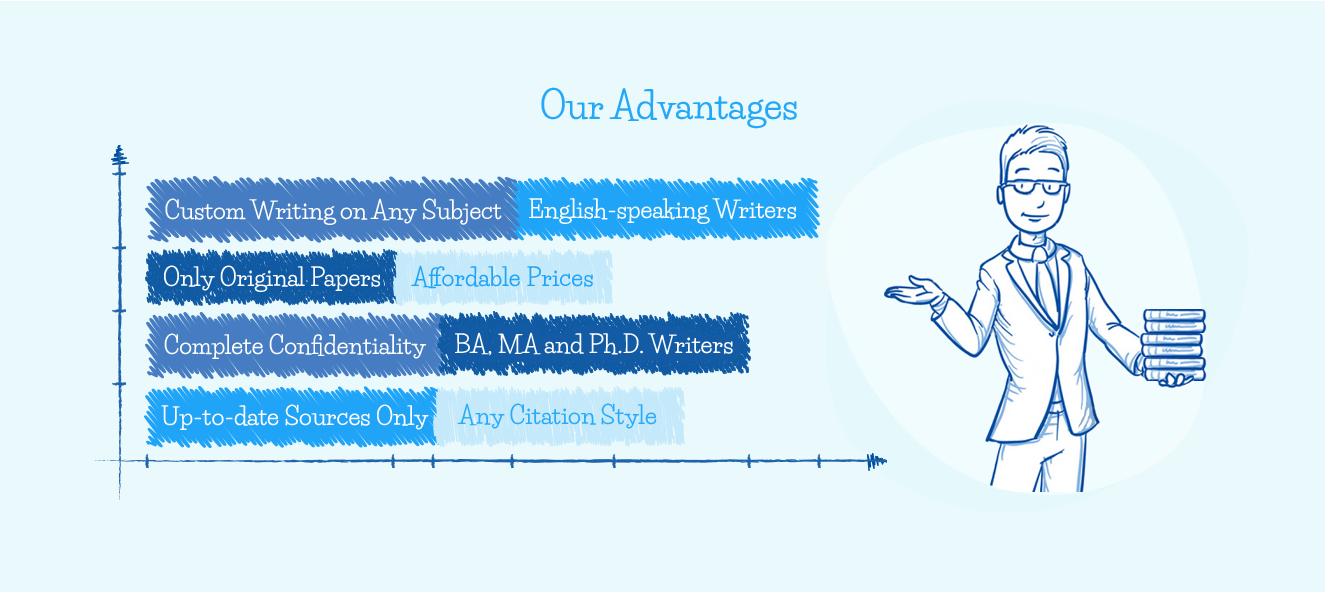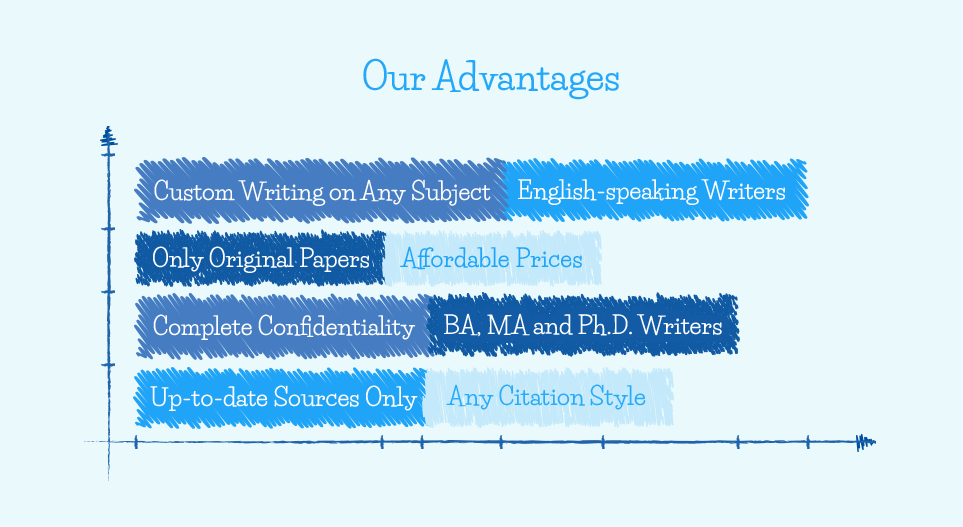While the American taxation system seems quite complicated, there is a feeling that the current system has numerous not addressed issues and, thus allows big corporations and the wealthy people to escape paying a share of their taxes as required. Therefore, to curb the problem, the American 112th Congress proposed the Fair Tax Act to replace an income tax with a sales tax. The architects of the Act believe that the burden of taxation would become evenly spread and thus resolve the issue. The antagonists, on the other hand, believe that the tax would prove to be more detrimental than beneficial to the American population because the middle-class citizens would be affected the most. This paper will analyze the strengths and the weaknesses of the Fair Tax Act and demonstrate why it is necessary for the American people.
The Essence of Fair Tax Act
The Fair Tax Act of America seeks to introduce a 23 percent deduction from all items purchased by the residents of the United States of America. It would result in the tax being imposed on the products as opposed to the salaries of individuals. The taxation is indirect by its nature; therefore, consumers would not feel the burden instantly. The features of the Tax structure may, however, favor the rich since it is their expenditure as opposed to their incomes that will be subjected to taxation.
You can contact us if you want to Buy an Analysis Essay help on this or any other topic.
The Act proposes to discard a great number of the income taxes and concentrate on sales taxes. Some of the taxes that are to be scrapped include the Medicare Law, personal income, capital gains taxes, estate tax, and others. Therefore, the government targets the products that are purchased most frequently for the imposition of the new national sales tax, which is aimed at replacing the Income Tax Act (Bhattarai et al. 40). The federal government would also lose its authority to impose income taxes and would have to adapt to the proposed income and sales taxes.
The proposed Sales Tax Act of the United States of America seeks to deduct a figure equivalent to 23 percent of the total purchases. In reality, however, this figure is about 30 percent because the tax is not deducted at the register. A purchase of an item worth 10 dollars would serve as a good example. Under the proposed Fair Tax Act, a 23 percent deduction is made and the rest remains (Fair Tax Act 2011). Thus, for 10 dollars, 2.30 dollars are the sales tax that is deduced by the government. This means that the cost of the products would considerably increase in the United States because the tax is added to determine the actual price of an item. In the given example, the real price of the item was 7.70 dollars. The addition of the 2.30 dollars deduction is the factor that then leads to the actual price of 10 dollars.
The United States taxation system always comes under very sharp criticism over what the residents consider double taxation. Furthermore, the government also imposes an obligation on the supermarkets and any other legally constituted body for taxation to deduct and remit the money gained from the use of the machines in the manufacturing of the product. From the businesspeople, however, it will be hard for the government to get the required tax as the majority of them prefer importing the products rather than buying them within the U.S. The tax is also applicable only to the recently produced items and not the old ones. The Acts present an aspect of the deduction of a capital gains tax (Fair Tax Act 2011). An exemption known as the annual consumption allowance is also introduced under the Act to relieve the poor from the heavy burden of the sales tax. A poverty level guideline is published and it would propose such deductions where the families consisting of fewer members will pay a smaller package of taxation as compared to those who comprise of a greater number.
The Strengths of the Fair Tax Act
High-Income Earners Favoring
The current taxation system in the United States of America is based on what is called in taxation terms a tax bracket, where the tax is progressive by its nature. Considering people in the system, and evenly introduced percentage applies to both the low-income earner and the high-income earner where the former pays less and the latter pays more (McCaffery 16). The new tax system however would relieve the high-income earners of the tax burden because the tax deductions are done from the expenditure and not the income. Therefore, an individual who earns 400,000 and uses 70,000 as an expenditure would only pay 23 percent of the 70,000 in taxes, which would be much less compared to the income tax (McCaffery 18).
How it works
Step 1
Visit our website and go to the order formStep 2
Fill in specific essay details in your order description sectionStep 3
Pay for your custom essay and get your order verifiedStep 4
Process of writing your academic assignmentStep 5
Editing and anti-plagiarism checkStep 6
On-time delivery of an already written essayThe Growth of Investments
It is expected that the Fair Tax Act would completely eradicate the capital gains tax. Such policy would likely prove to be the consumers’ great advantage because they would not incur the onerous burden of being subjected to deductions arising from the compound growth of investments (Graetz 69). It encourages both the rich and the poor to invest greatly as they can earn their investment money back without incurring any taxation burden.
Predictions of the Tax Revenues
The Fair Act strengthens the state’s ability to forecast the tax income. It is not a difficult task to track the expenditure rate of the consumers as opposed to the salaries of the employees paid out by employers; therefore, the revenue office may easily project the amount of money the country has earned (McCaffery 18).
Boosting Businesses
The elimination of the salary-based taxes and the tax on investments or the Capital Gains Act as well as the eradication of the double taxation system would be closely connected with the promotion of businesses (Graetz 67). Such kind of system would easily lead to the reduction of prices and thus boost the increase in the consumer level, which is associated with the lower production rates.
Cautious Spending
People who are prone to spending are the target of the Fair Tax Act. They are tempted to engage in impulse buying using their credit cards. After the passage of the Fair Tax Act, it is expected that these consumers will learn to spend their money wisely without incurring considerable taxation.
Eradication of Filing, Administration Costs, and Availability of the Rebates
The IRA in the United States of America would not require citizens to file their returns because the tax is paid by the individual directly upon the purchase of an item (Graetz 70). Moreover, the deduction allowance for households that earn small amounts of money and spend less would benefit from the monthly check. Such steps ensure that the poor are not subjected to an intolerable burden of taxation and thus discourage them from saving money.
The Weaknesses of the Fair Tax Act
The burden for Lower and the Middle Class
Taking into consideration the fact that the Fair Tax is progressive by its nature, the high burden will fall on the shoulders of the paupers and the peasants. Even though a burden is seeming to be shared evenly by the rich, the middle class, and the poor, the latter are the ones who would inevitably suffer. In this case, the taxation for the rich will be considerably lower because their expenditures and not income are taxed. For the taxation to prove its usefulness, all people must have a 100 percent consumption rate as compared to the tax based on incomes (Kirchler, Hoelzl, and Wahl212). Therefore, the tax is viewed to be regressive.
Tax Evasions
Furthermore, the sales tax as proposed would increase the costs of purchase for the consumers and thus would force them to look for ways of evading paying the tax (Kirchler, Hoelzl, and Wahl 214). Some of the foreseeable ways are through exploiting exports from countries offering the products at a cheaper price or hiding behind trade to avoid paying the growing income tax.
Spending Discouraging
How the Fair Tax Act is designed is geared to earning more revenue for the state when individuals incur considerable expenditures. Since the consumers feel the heavy burden nonetheless, they will be forced to considerably reduce their spending to pay less. Unlike these proposals, many countries in the world are struggling with inventing new tax incentives that would still encourage people to spend more. Therefore, if the people of America rebel by avoiding taxes, the country will have to function without enough income.
Tax Deductions and Differences Between States
Many people are used to deductions for various purposes, such as mortgages, medical care, education, and income tax credits. The tax will affect the real estate business people who would then prefer paying rents than owning any buildings. Besides, while the federal government of the United States of America imposes such unwarranted taxes at the national level, different states have various tax incentives (Kirchler, Hoelzl, and Wahl214). California, for example, has a very high-income tax deduction. Therefore, some cities like Los Angeles in California would pay a lot of taxation compared to the residents of other states.
Reflection on the Fair Tax Act
In my opinion, the Fair Tax Act is timely and necessary in the United States of America. First, the taxation is indirect as opposed to the direct one which means that the consumers will not feel the impact instantly. The 23 percent deduction from the expenditures will also see America receive revenue because it targets both the rich and the poor as contrasted with the income tax where only the working class is a target. To bring the benefits of the Act, however, the government must find ways to ensure that it does not discourage any consumers to spend money. It should also produce necessary measures to ensure that the rich are taxed to their maximum as these citizens earn considerably greater amounts of income. The tax structure, however, is more reliable than the former one because it is based on revenue and capital gain.
In conclusion, the Fair Tax Act aims at curbing the expenditures by reducing the burden of taxation of the low-income earners and increasing taxation for the high-income earners at the same time. Similar to the income tax, however, the tax burden is equally shared by the society members through the use of a universal 23 percent deduction rate. Such measures are likely to benefit the wealthy more to the detriment of the poor. Several states also have some strict taxation systems, which may force individuals to engage in tax avoidance. In general, however, the Fair Tax Act is opportune and necessary.

















